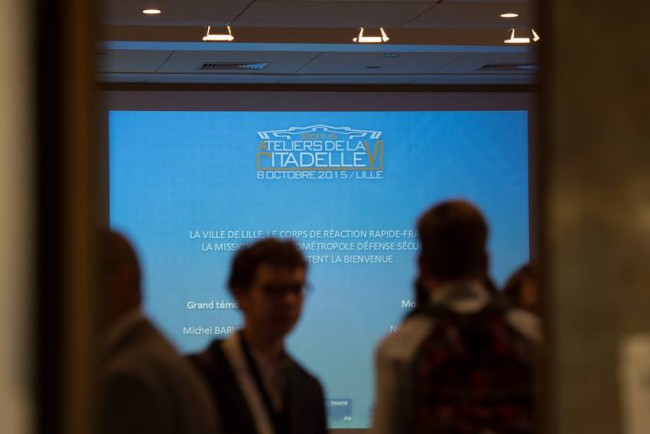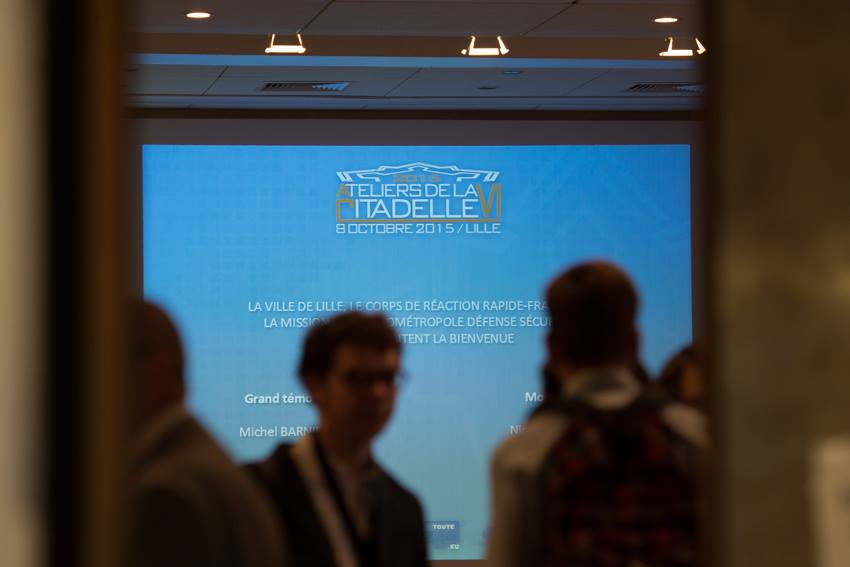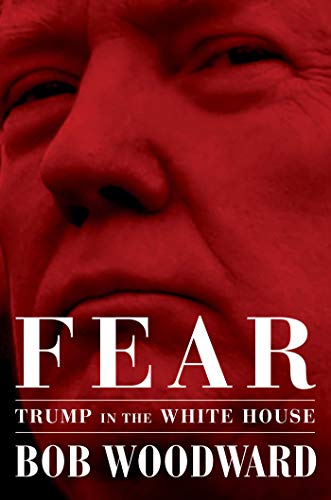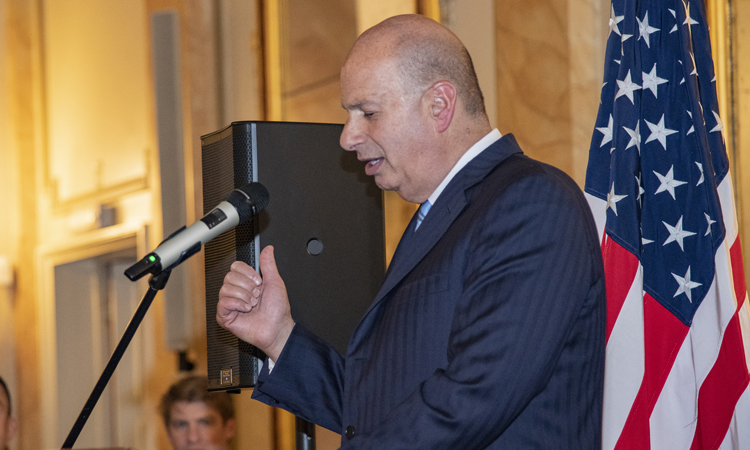Is it possible to revive Defense Europe?
 (B2) Gathered in Lille around the workshops of the Citadel, this Thursday in October, we could have the impression of being at the bedside of a seriously ill person, wondering what to do with the recumbent figure. The optimism that prevailed a few years ago has given way, even among the most fervent European defenders, if not to skepticism, at least to a question: how to relaunch the Europe of defence? What can we do together? While many States today are primarily concerned with ensuring their territorial defence.
(B2) Gathered in Lille around the workshops of the Citadel, this Thursday in October, we could have the impression of being at the bedside of a seriously ill person, wondering what to do with the recumbent figure. The optimism that prevailed a few years ago has given way, even among the most fervent European defenders, if not to skepticism, at least to a question: how to relaunch the Europe of defence? What can we do together? While many States today are primarily concerned with ensuring their territorial defence.
An abandoned child?
Nick Witney, the former director of the European Defense Agency, summed up the situation well in a parable: The CSDP (Common Security and Defense Policy) was born from 2 parents. But very quickly one of the two parents abandoned him. For years, Marianne then raised this child as a single mother. Then Marianne has had enough of this child » he explained in a humor full of finesse and very British. " Mali, the Central African Republic were a perfect opportunity to mobilize a European battlegroup. You (French) decided to go there alone. In fact, the CSDP is now an orphan »
Have a powerful Europe
Michel Barnier drew up a halftone balance sheet » of the various tools used at European level. " There is not enough burden sharing, not enough solidarity (the budget in operations is limited to 10%), the battlegroups do not work ". By pooling European resources, “ it allows to have a collective power according to the former European commissioner. “This word is not archaic. China, Russia have no complex to have this capacity. You have to have a capacity for power and influence rather than being marginalized. " For him, " the elements of power are: an economy, a currency, a foreign policy and a defense ". However, it is not a question of creating a single structure. " To pool is not to merge. The European Union is not a federal State, like Germany and the USA, there is not the same language, it is a Union of 28 nations which each have their own history, tradition, language, their difference. We want a united Europe, not a uniform Europe. »
Review the genetic code of our Member States
Joachim Bitterlich, a former adviser to Helmut Kohl, played the role of the bulldozer. " We must reform the genetic code of all Member States. This genetic code has changed with the financial, economic crisis ". He estimates that " the European diplomatic service is nowhere. We must review our development policy, have a real development policy. » Of course, he acknowledges the moment is difficult. Corn, " in politics, there is never a good time”.
The neighborhood policy, a failure
But above all, he insists on a fundamental point. " We must completely review our neighborhood policy, which is a flagrant failure. ". " There is only one State which functions in our neighborhood, Morocco, badly regarded, there is a lack of appreciation of the situation in several States. Algeria, Tunisia… "" In Ukraine, we are all jointly responsible – USA, Russia, EU, NATO – because we made a bad assessment of what was happening in Ukraine. But both Sweden and Poland have, according to him, a share of (particular) responsibility in the policy of failure on Ukraine. Fortunately, France and Germany have taken over the matter. »
A threat to one country must concern all of Europe
« annexation of Crimea and intervention in Ukraine is the biggest threat to Sweden noted the Swedish ambassador to France, Veronika Wand-Danielson, well known in Brussels circles for having been the representative to the EU before becoming the Swedish representative to NATO. " By denying the Ukrainians the right to choose, this calls into question the bases of European construction, of the principles. Russian aggression concerns us all. And we have a common responsibility to deal with it. This requires continued solidarity, continuity in our actions and clarity in our words. » She believes that even if everyone does not have the same awareness of all the threats, there must be solidarity. “If there is a threat, a sense of urgency for a country, it must be a threat for Europe. »
Be careful not to break the solidarity
More generally, the ambassador insisted on the aspects essentials "of European construction" unity and solidarity, and that all countries participate in the decision. More and more when you feel that decisions are taken by 2 or 3, rather 2 moreover (1). There is no longer the feeling of participating in a decision. " This " this can be done in the event of a sudden crisis, but when the crisis is prolonged, the countries most concerned must at least be involved. Otherwise there is the risk that we will turn away from the European Union. For us it would have been desirable to include the High Representative in the Normandy format. » She disagrees with her debate neighbour, J. Bitterlich.
An unstoppable equation: Europe will have to worry about the origin of the crises
« This might seem to some surreal, sympathetically angelic. We can say that the Europe of security is not for tomorrow. I think the opposite said Nicole Gnesotto, President of the Board of Directors of the IHEDN and who moderated the debates at the Citadelle. " Europe is the relevant level in terms of defense and security. There are more and more crises, less America, less money. This should lead to more coordination in Europe. » For the former president of the Institute for Security Studies in Europe, " the equation is unstoppable. The Heads of State and Government will have to do it willingly or by force. It's not just an ideological concern — to have a powerful Europe — or a technical and pragmatic approach to operations management — crisis management — it's a very political, deeper question that concerns citizens. The question of the origin of the crises (Middle East, Africa, etc.) — and the means of resolving them — must come back to the fore.
A European army, you just have to decide
For General Margall, commander of the General Staff of the Rapid Reaction Corps - France (CRR-FR), based precisely in Lille. " We know how to work with the Allies, we are used to it. This experience has been further increased in real operations, particularly in Afghanistan. The military are very open to international issues and are used to working among allies, to ensuring what is called interoperability. We are not an obstacle but a tool. "In other words, if the politicians decide one day to create the European army" if we are asked, we will do it tomorrow”.
(Nicolas Gros-Verheyde)
(1) The ambassador refers to the Normandy format decided between France and Germany



